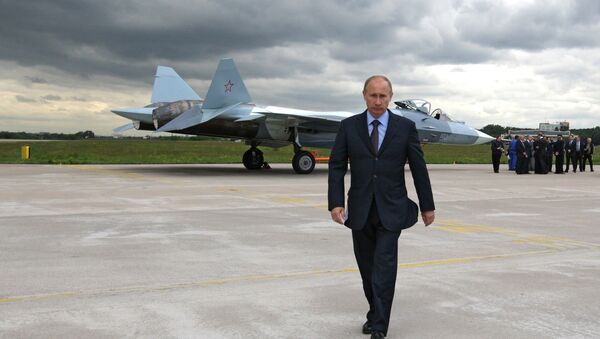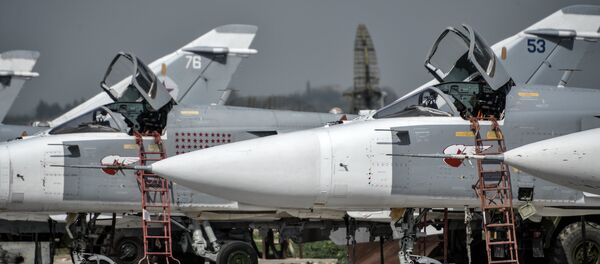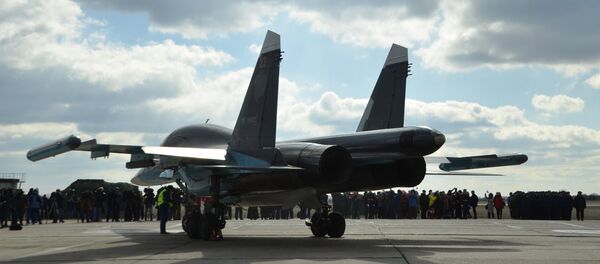The author analyzed the course of the Russian aerial campaign in Syria and made a list of "lessons" which the next American leader could take from Vladimir Putin’s strategy.
First of all, a leader should always take someone’s side during a conflict.
"A prince is also respected when he is either a true friend or a downright enemy, that to say, when, without any reservation, he declares himself in favor of one party against the other; which course will always be more advantageous than standing neutral," Niccolo Machiavelli wrote in his famous book.
In Syria, the Russian president supported Bashar Assad, the legitimate leader of Syria.
Second, any actions should be carried out indirectly. The point is that a country does not have to engage in combat on its own. At the same time, the leader should be ready to support the proxy in order to make the strategy successful.
During the wars in the Balkans the US used the Croatian Army as a proxy to weaken Serbia’s influence in Bosnia, the article read. In Afghanistan, Washington had a proxy in the Northern Alliance, which explains why the Taliban was defeated so swiftly. However, in Iraq the use of the Kurdish Peshmerga as a proxy was insufficient, and the US had to sort out the mess on its own.
If the US leader is not sure that his proxies may perfectly represent American values, perhaps it is best not to launch interventions at all, the article read.]
The third lesson would be setting realistic goals. Initially, Barack Obama warned that the Russian operation in Syria would risk repeating the Afghan scenario. But President Putin clearly realized that his country could not afford a lengthy military campaign.
Another lesson is to keep in mind the Earl Butz rule. It was named after the former US secretary of agriculture, who commented on a papal edict regarding contraception: "You no play-a da game, you no make-a da rules."
One of the goals of the Russian intervention in Syria was achieving diplomatic success. As a result, US State Secretary John Kerry played a minor role in the Syrian peace talks.
Finally, the leader should have options for further actions. Russia has pulled out the bulk of its forces from Syria. But Russian forces are still deployed to an upgraded naval facility in Tartus along with an air base. Vladimir Putin made it clear that Russia would be able to return to Syria at any moment.
The US could have achieved the same in Iraq or Libya, by maintaining a military presence sufficient enough to suppress insurgents and maintain a balance between sectarian groups, the author noted.
What could Washington do in Syria? According to the article, the best strategy would include abandoning the idea of Syria as a unitary state, support for a Kurdish autonomy and Russia-backed Alawite state in Latakia, and, finally, defeating Sunni jihadist groups.
Such an approach would not resolve the entire Syrian problem. "The point of intervention is not to solve everything. And as Vladimir [Putin] has reminded the world again, trying to solve everything solves nothing," the article concluded.




